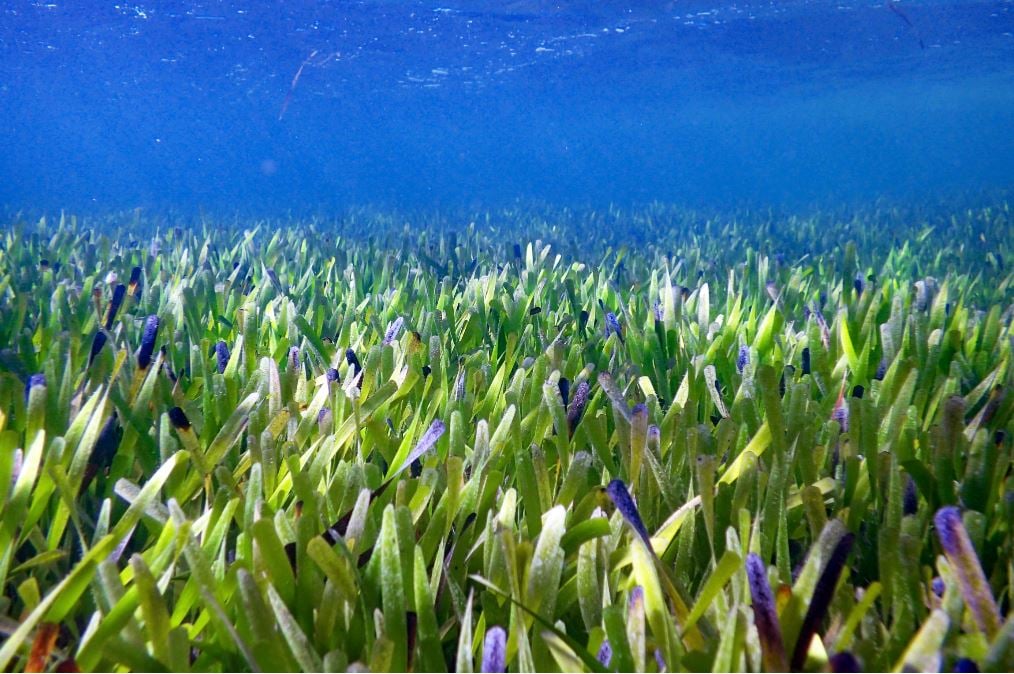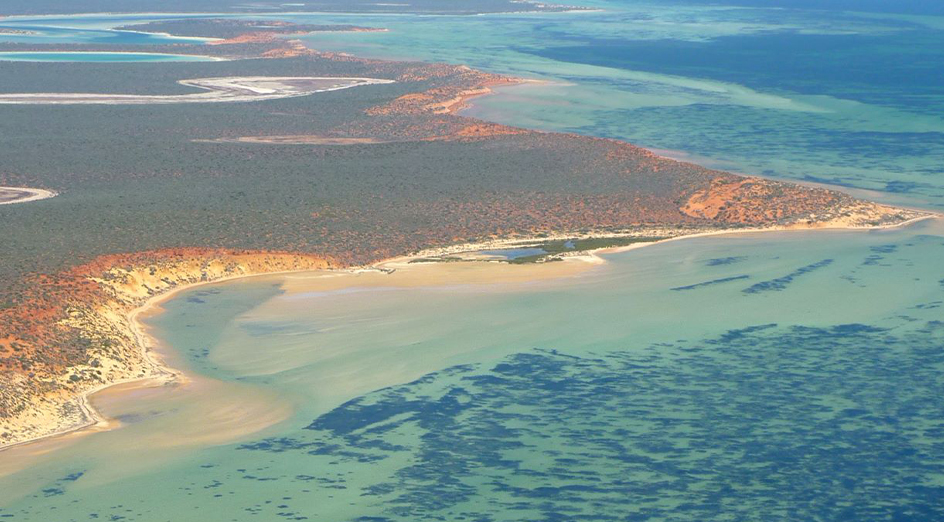
A sprawling seagrass meadow has just been declared the "world's largest single living organism" based on area. The Poseidon’s ribbon weed seagrass (Posidonia australis) is located in Shark Bay, a protected body of shallow water in Western Australia. It covers an impressive 77 square miles (200 square kilometers) — the equivalent of about 280 soccer fields! The record was previously held by a 3.7 square-mile mushroom, dubbed "Humongous Fungus," in the Malheur National Forest in Oregon, USA.
Based on its size and growth rate, the researchers estimate that the meadow is 4,500 years old. While that is ancient, it is not record-breaking. A Posidonia oceanica seagrass plant in the western Mediterranean, which covers about 9.3 miles (15 kilometers), is believed to be over 100,000 years old!
Researchers from the University of Western Australia and Flinders University stumbled upon the plant accidentally, while investigating the genetic diversity of Shark Bay's ribbon weed seagrass. The team analyzed seagrass specimens from ten meadows across Shark Bay, where the salt levels ranged from normal ocean salinity to almost twice as salty. To their surprise, they found the samples were genetically identical— meaning they all belonged to one plant. Further analysis showed that the seagrass originated from a single seedling. It grew by copying, or cloning, itself through an underground network of branching roots.

The massive plant also has another unique quality. Most seagrasses inherit half of each parent's DNA. However, the Shark Bay seagrass is a polyploid — a plant that carries the entire genome of each parent. "Polyploid plants often reside in places with extreme environmental conditions, are often sterile, but can continue to grow if left undisturbed, and this giant seagrass has done just that," Dr. Elizabeth Sinclair, the study's senior author, explained.
The scientists, who published their findings in the journal Proceedings of the Royal Society B on May 31, 2022, now plan to conduct experiments to determine how the seagrass continues to flourish in Shark Bay's harsh and varied environment.
Resources: the conversation.com, uwa.edu.au, Livescience.com
